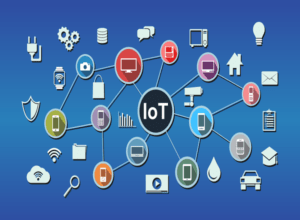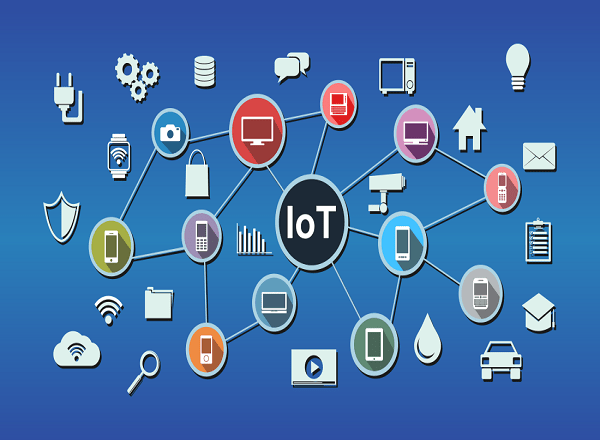Internet of Things (IoT) offers a significant untapped potential in India, according to the report released at the Rajasthan IoT summit

Utilities (water and electricity), manufacturing, transport and logistics, automotive industries and healthcare are expected to be the key industries for Internet of Things (IoT) in India, revealed a report released by EY India and FICCI.
According to the report, the industries that are predicted to spend the most on IoT solutions in 2019, globally, are manufacturing (US$197 billion), consumer IoT (US$108 billion), transportation (US$71 billion) and utilities (US$61 billion).
In addition, the report projected that digital trends such as Digital Twin, Fog and Edge Computing, AR, VR and MR, 5G and IoT would play a crucial role in making India a frontrunner in IoT adoption.
The report on the ‘Future of IoT’ was released at the Rajasthan IoT summit in Jaipur. It outlines the future of IoT from business potential and technology point of view while highlighting its impact on emerging technologies such as 5G, Artificial Intelligence, among others.
Key findings of the report are as follows:
- The overall market opportunity for Fog Computing is pegged to rise to US$18.2b by 2022 and will be a key enabler for 45 percent of the world’s data to move closer to the network edge.
- VR, AR and MR technologies are projected to grow at a fast pace reaching a CAGR of 71.6 percent, enabling market size of US$147.4 billion by 2022.
- In the smart manufacturing sector, there would be 50 billion internet connected “things” by 2020 including sensors, RFID chips, etc.
- In case of mobility and connected cars, reduction in claims by GPS tracking of stolen cars is expected to decrease premium cost by 25 percent and a significant reduction of 10-40 percent in the cost of maintenance.
- Immersive experience will become a key enabler to use cases around consumer IoT
- Centralized cloud-based infrastructure shall remain the underpinning for majority of IoT applications, providing low-cost and scalable computing, storage and geographical coverage.
- Artificial Intelligence will evolve to become more pervasive and available on all devices from mobile phones to high-end servers. This will help accelerate development in manufacturing, smart homes and smart cities.
Inputs: CIOL.com










